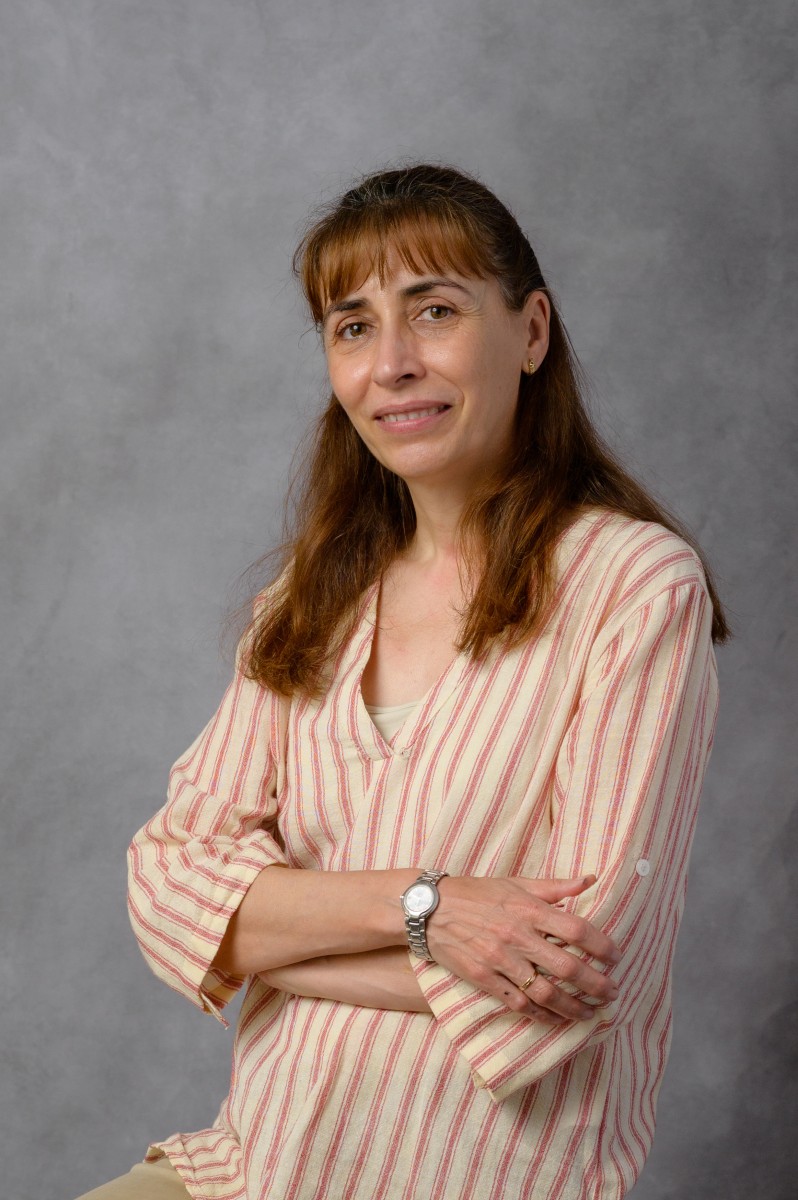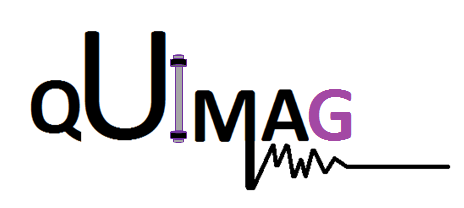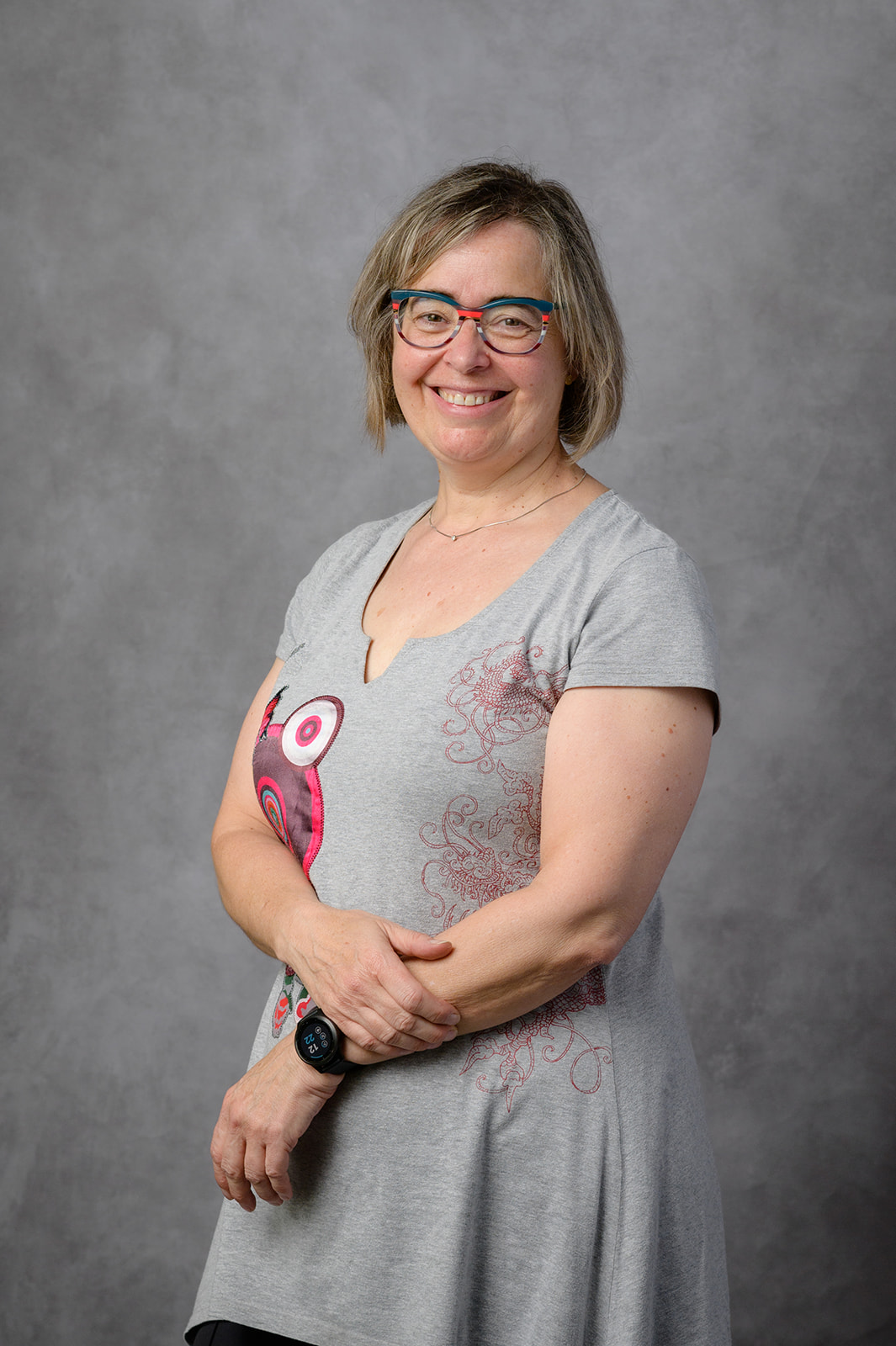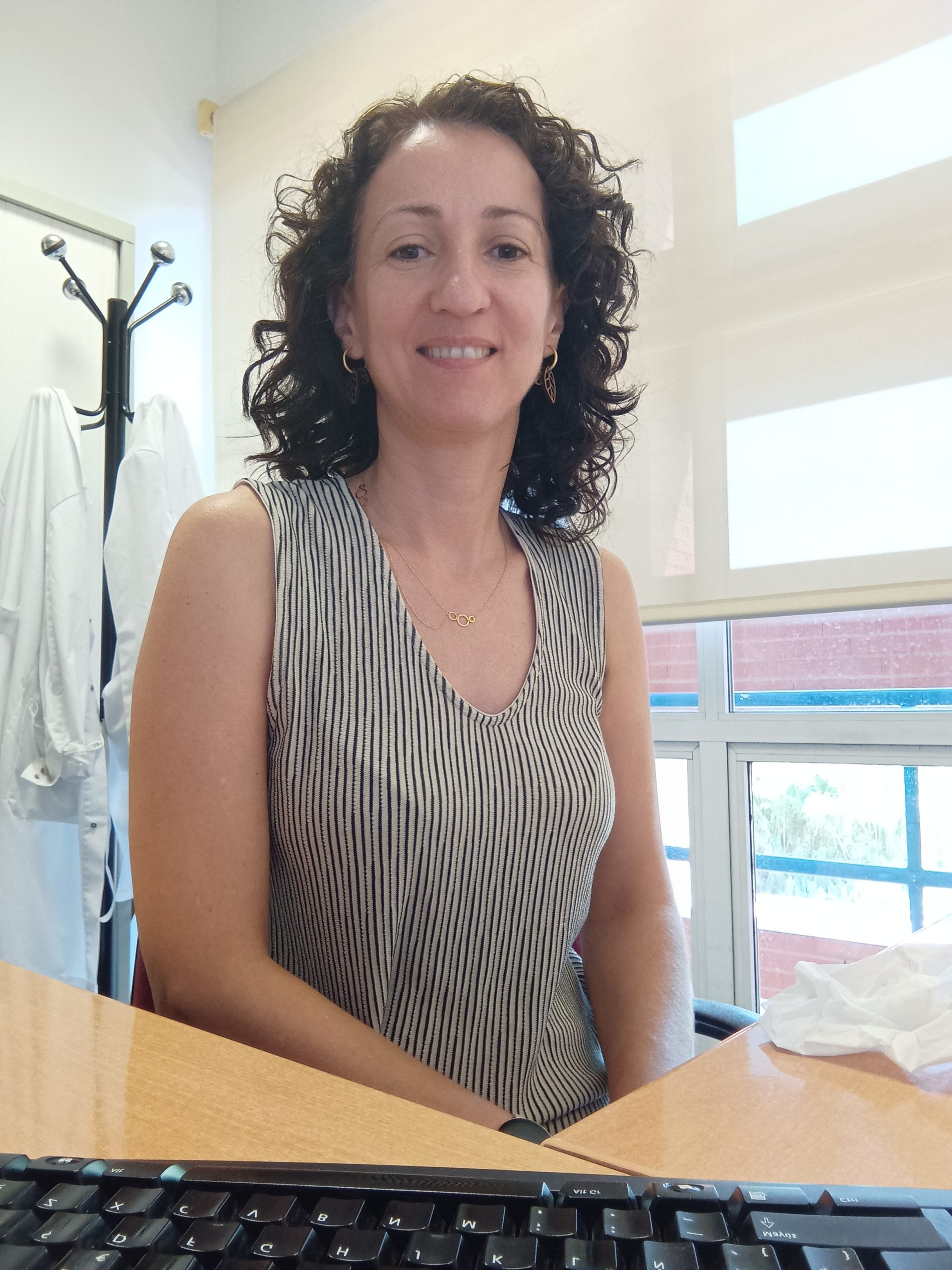
Lines of research
The group Analytical Chemistry of the Environment of Gandía (QUIMAG) was formed in 2004 and, at present, consists of 4 members, all with full-time dedication at the Polytechnic School of Gandía of the Universitat Politècnica de València.
The group’s main lines of research currently include:
Other lines of research in which the Analytical Chemistry group has worked:
Since 2014, the QIMAG group has been collaborating with the Liquid Chromatography, Capillary Electrophoresis and Mass Spectrometry (CLECEM) group at the University of Valencia, jointly participating in several research projects in competitive calls from the Ministry and the Generalitat Valenciana, as well as two grants for preparatory actions within the UPV-FISABIO programme.
Research Line manager

Research team
Research Articles
The members of the group have published more than 80 research articles in the area of analytical chemistry in high-impact international journals. Some recent publications are:
- J.C. Nadal , M. Catalá-Icardo, F. Borrull, J.M. Herrero-Martínez, R.M. Marcé, N. Fontanals. Weak anion-exchange mixed-mode materials to selectively extract acidic compounds by stir bar sorptive extraction from environmental waters. J. Chromatr. A 1663 (2022) 462748.
- S. Zatrochová, H. Martinez‑Perez‑Cejuela, M. Catala‑Icardo, E.F. Simo‑Alfonso, I. Lhotská, D. Šatínský, J.M. Herrero‑Martinez. Development of hybrid monoliths incorporating metal-organic frameworks for stir bar sorptive extraction coupled with liquid chromatography for determination of estrogen endocrine disruptors in water and human urine samples. Microchim. Acta 189 (2022) 92.
- S. Meseguer-Lloret, S. Torres-Cartas, C. Gómez-Benito, J.M. Herrero-Martínez. Magnetic molecularly imprinted polymer for the simultaneous selective extraction of phenoxy acid herbicides from environmental water samples. Talanta. 239 (2022) 123082.
- S. Torres-Cartas, S. Meseguer-Lloret, C. Gómez-Benito, C., M. Catalá-Icardo, E.F. Simó-Alfonso, J.M. Herrero-Martínez. Preparation of monolithic polymer-magnetite nanoparticle composites into poly(ethylene-co-tetrafluoroethylene) tubes for uses in micro-bore HPLC separation and extraction of phosphorylated compounds. Talanta. 224 (2021) 121806.
- S. Torres-Cartas, M. Catalá-Icardo, S. Meseguer-Lloret, E.F. Simó-Alfonso, J.M. Herrero-Martínez. Recent advances in molecularly imprinted membranes for sample treatment and separation.Separations. 7 (2020) 1-28.
- M. Catalá-Icardo, S. Torres-Cartas, E.F. Simó-Alfonso, J.M. Herrero-Martínez. Influence of photo-initiators in the preparation of methacrylate monoliths into poly(ethylene-co-tetrafluoroethylene) tubing for microbore HPLC. Anal. Chim. Acta. 1093 (2020) 160-167.
- M. Catalá-Icardo, S. Torres-Cartas, S. Meseguer-Lloret, E.F. Simó-Alfonso, J.M. Herrero-Martínez. Photografted fluoropolymers as novel chromatographic supports for polymeric monolithic stationary phases. Talanta 187 (2018) 216-222.
- S. Meseguer-Lloret, S. Torres-Cartas, M. Catalá-Icardo, E.F. Simó-Alfonso, J.M. Herrero-Martínez. Extraction and preconcentration of organophosphorus pesticides in water by using a polymethacrylate-based sorbent modified with magnetic nanoparticles. Anal. Bioanal. Chem. 409 (2017) 3561-3571.
- M. Catalá-Icardo, S. Torres-Cartas, S. Meseguer-Lloret, C. Gómez-Benito, E. Carrasco-correa, E.F. Simó-Alfonso, G. Ramis-Ramos, J.M. Herrero-Martínez. Preparation of organic monolithic columns in polytetrafluoroethylene tubes for reversed-phase liquid chromatography. Anal. Chim. Acta. 960 (2017) 160-167.
- M. Catalá-Icardo, C. Gómez-Benito, E.F. Simó-Alfonso, J.M. Herrero-Martínez. Determination of azoxystrobin and chlorothalonil using a methacrylate-based polymer modified with gold nanoparticles as solid-phase extraction sorbent. Anal. Bioanal. Chem. 409 (2017) 243-250.
Recent projects related to the group's main lines of action:
- Knowledge generation project 2021. Type B-oriented research. Ministry of Science and Innovation: Sustainable microextraction techniques and in situ analysis in flexible and inexpensive devices and advanced porous materials for food and environmental applications (SMAFE) (Ref. PID2021-125459OB-100). Project duration: 2021 to 2023; Funding: 181,500 €; PI: J.M. Herrero-Martínez and E.F. Simó-Alfonso (University of Valencia).
- Project of the Generalitat Valenciana, Conselleria d’Educació, Investigació, Cultura i Esport: Separation systems based on new porous polymers and polymer-nanoparticle composites with industrial and environmental applications (Ref: PROMETEO/2016/145). Project duration: 01/01/2016 to 31/12/2019. Funding: 182,000 €; PI: G. Ramis Ramos (University of Valencia).
- Project of the Ministry of Economy and Competitiveness: Development of monolithic polymer-nanoparticle hybrid stationary phases and their applications in separation (Ref. CTQ2014-52765-R). Project duration: 01/01/2015 to 31/12/2017. Funding: 101,640 €; PI: G. Ramis Ramos and J.M.Herrero Martínez (University of Valencia).
In addition, we have received two grants within the UPV-FISABIO programme in 2018 and 2021 for the preparatory action “Development of a system for rapid detection of bacterial infection through biomarker detection in milk and urine with test strips in lactating women with mastitis (acute or subacute)” and “Development of a sensor based on aptamers and nanomaterials for the quantification of the major allergen of mites (Der p2)”, respectively.




